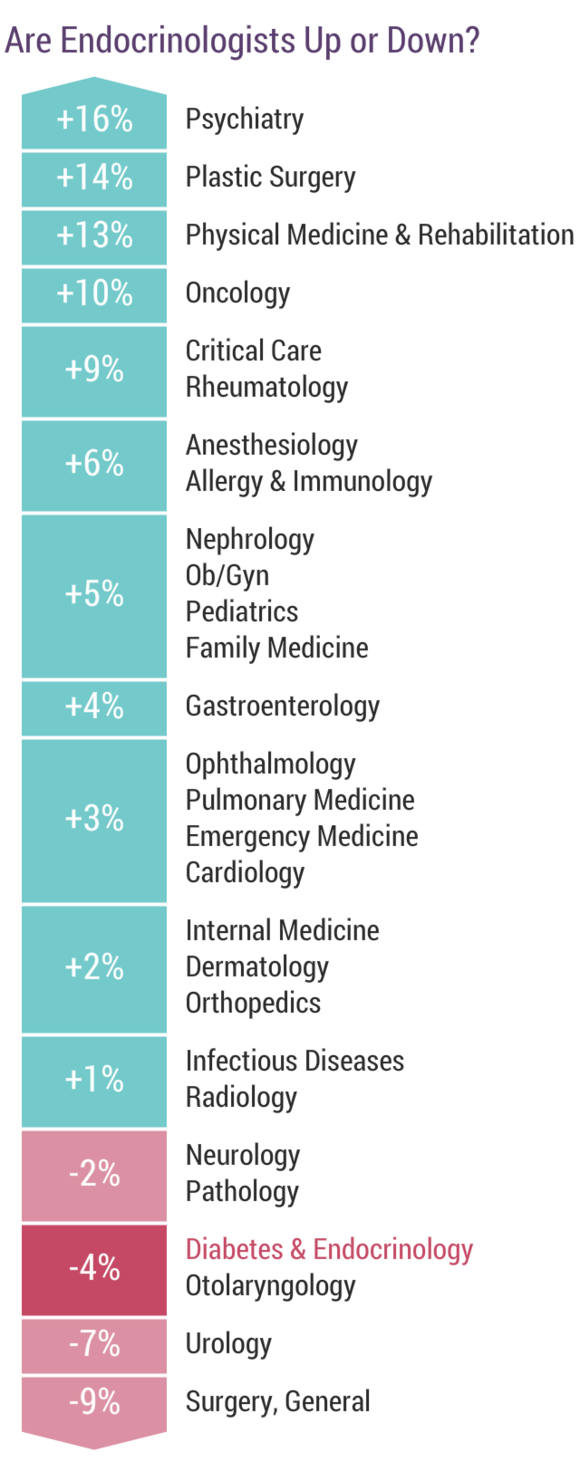Best Endocrinologist in Texas: Acknowledged Experience in Hormonal Medication
Wiki Article
The Scientific Research Behind Hormonal Agent Policy: Insights From an Endocrinologist
The Scientific Research Behind Hormonal Agent Policy: Insights From an Endocrinologist provides a comprehensive exploration of the complex procedures associated with hormone guideline. Created by an experienced endocrinologist, this informative guide digs right into the remarkable globe of hormonal agents and their important duty in keeping bodily features. From the principles of hormone production to the complex comments loops that regulate their launch, this book offers a careful exam of the devices at play. In addition, it explores the various factors that can disrupt hormone balance and provides important insights into how these imbalances can be diagnosed and treated. Whether you are a doctor seeking a deeper understanding of endocrine function or a private thinking about discovering the science behind hormonal agent policy, this publication is an important resource.Hormonal Agents and Their Functions
Hormonal agents play essential functions in the regulation and control of different physiological processes within the body. These chemical messengers are generated by endocrine glands and are released right into the blood stream, where they travel to target cells or body organs to exert their results. The features of hormonal agents vary and incorporate nearly every aspect of human physiology.Among the primary features of hormones is to maintain homeostasis, which is the stable interior environment needed for the body to function ideally. For example, insulin, a hormonal agent created by the pancreatic, controls blood sugar levels by advertising the uptake and storage of sugar in cells. Another hormonal agent, cortisol, aids the body respond to stress by boosting blood sugar degrees and subduing the immune system.
Hormonal agents also play important functions in growth and advancement. Development hormonal agent, produced by the pituitary gland, stimulates the development of bones and cells, while thyroid hormonal agents regulate metabolic rate and affect the development of the anxious system - Endocrinologist in leander. Additionally, reproductive hormones, such as estrogen and testosterone, are accountable for the growth and maintenance of secondary sexual attributes and the law of the menstruation cycle
The Endocrine System: An Overview
Playing a vital function in the policy and sychronisation of physical procedures, the endocrine system is a complicated network of glands that generate and launch hormonal agents right into the blood stream. These glands, consisting of the hypothalamus, pituitary gland, thyroid gland, adrenal glands, pancreatic, ovaries, and testes, secrete hormones that function as chemical carriers, affecting different bodily functions. The endocrine system works in conjunction with the nervous system to control and maintain homeostasis, ensuring that the body's internal atmosphere stays steady.It produces hormonal agents that promote or inhibit the launch of hormonal agents from the pituitary gland, which in turn regulates the activity of other endocrine glands. The thyroid gland, situated in the neck, generates hormones that manage metabolic rate and energy balance.

Guideline of Hormonal Agent Manufacturing
The policy of hormone manufacturing includes a complex interaction in between numerous glands and feedback devices within the endocrine system. Hormonal agents are chemical messengers that play an essential duty in preserving homeostasis and collaborating various physical processes in the body. The production of hormonal agents is firmly regulated to make sure the appropriate performance of the endocrine system.The hypothalamus, visit this web-site located in the mind, offers as a vital regulator of hormone manufacturing. It releases hormonal agents that hinder the production or boost of hormones by the pituitary gland, which is often described as the "master gland" of the endocrine system. The pituitary gland, in turn, creates hormones that act on numerous target glands throughout the body, stimulating them to generate and release certain hormones.
Feedback mechanisms likewise play a crucial duty in hormone regulation. When hormone levels climb above or fall below the optimal variety, the body activates systems to either decline or go rise hormonal agent manufacturing, specifically, to recover equilibrium.
Responses Loops in Hormonal Agent Guideline
Comments loops play an important function in the guideline of hormonal agent manufacturing. These loopholes include a series of interactions in between the endocrine glands, hormonal agents, and target body organs to preserve homeostasis in the body. There are two types of feedback loops: unfavorable comments and positive feedback.Adverse responses is the most common type of responses loop in hormone regulation. It functions by picking up the levels of a hormone in the blood and adjusting hormonal agent production accordingly. When hormonal agent degrees climb over a specific threshold, the hypothalamus in the mind indicates the pituitary gland to reduce hormonal agent production. This, subsequently, lowers the excitement of the target body organ, resulting in a decline in hormonal agent secretion. Conversely, when hormonal agent levels go down listed below the limit, the hypothalamus promotes the pituitary gland to raise hormonal agent production, recovering balance.
Favorable comments loopholes, on the other hand, magnify hormone production. This takes place when a hormone stimulates the launch of even more of the exact same hormonal agent, leading to a fast rise in its levels. Nonetheless, positive comments loops are much less usual in hormone guideline and are generally included in details physiological processes, such as giving birth and lactation.
Factors Influencing Hormone Equilibrium
Variables affecting hormone balance include dietary options, way of living practices, and ecological exposures. These factors can have a considerable influence on the fragile equilibrium of hormonal agents in the body, affecting various physical procedures and general health.Dietary options play a critical role in hormone policy. Eating a balanced diet that includes a variety of nutrients is important for preserving hormone balance. Certain nutrients, such as omega-3 fatty acids, vitamins, and minerals, are particularly important for ideal hormonal agent feature. On the other hand, a diet plan high in processed foods, refined sugars, and unhealthy fats can disrupt hormonal agent degrees and cause inequalities.
Sufficient rest is important for hormone manufacturing and regulation, as interrupted sleep patterns can lead to discrepancies. Additionally, important source chronic stress and anxiety can dysregulate the hypothalamic-pituitary-adrenal (HPA) axis, an essential gamer in hormone regulation, leading to a waterfall of hormonal discrepancies.

Conclusion
To conclude, comprehending the science behind hormone guideline is important for keeping overall health and wellness and health. Hormones play important duties in various bodily features, and their production is controlled by intricate feedback loops. Aspects such as stress and anxiety, lifestyle, and diet selections can affect hormonal agent balance. By examining and understanding these mechanisms, we can better understand and manage hormone-related conditions, ultimately resulting in enhanced health and wellness results.The Scientific Research Behind Hormone Law: Insights From an Endocrinologist uses an extensive exploration of the complex processes entailed in hormone regulation. It generates hormones that prevent the release or promote of hormonal agents from the pituitary gland, which in turn manages the task of various other endocrine glands. It releases hormones that inhibit the manufacturing or stimulate of hormonal agents by the pituitary gland, which is typically referred to as the "master gland" of the endocrine system. The pituitary gland, in turn, generates hormones that act on numerous target glands throughout the body, stimulating them to generate and release certain hormones.
When hormonal agent levels climb above a specific limit, the hypothalamus in the brain indicates the pituitary gland to lower hormone manufacturing. (endocrinologist in liberty hill)
Report this wiki page